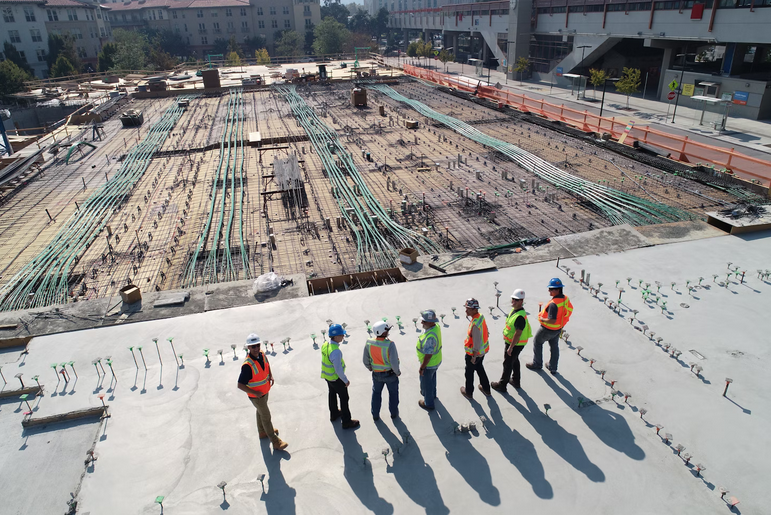Welcome to a world where legal rights serve as the sturdy foundation of safety for construction workers. In an industry filled with risks and challenges, these regulations provide a shield of protection, ensuring that those who build our cities and structures can do so without fear or compromise. If you plan on working in construction, you must know the most often overlooked but essential construction roles. Negotiating terms within JCT construction contracts not only helps you to protect yourself and your workers, but it also helps you to ensure that your project runs smoothly from start to finish. Let’s delve into the essential elements that form this crucial framework of security and empowerment.
Safety Regulations
Safety regulations in the construction industry are not just mere guidelines – they are the lifelines that keep workers safe and secure on job sites. These rules dictate everything from proper equipment usage to emergency protocols, ensuring that every worker is equipped with the knowledge and tools necessary to navigate potential hazards. From wearing personal protective equipment (PPE) to following specific safety procedures, these regulations set a standard of excellence in maintaining a secure work environment.
By adhering to these guidelines, construction companies demonstrate their commitment to prioritizing the well-being of their employees above all else. Regular inspections and audits help enforce compliance with safety regulations, holding both employers and workers accountable for upholding these essential standards. In an ever-evolving industry where risks are inherent, strict adherence to safety regulations remains non-negotiable for fostering a culture of responsibility and protection among construction workers.
Workers’ Compensation

Construction workers face numerous risks while on the job, from working at heights to operating heavy machinery. In the unfortunate event of an injury or illness, having access to workers’ compensation can provide crucial financial support. This safety net ensures that employees are covered for medical expenses and lost wages resulting from work-related incidents.
Workers’ compensation laws vary by state, but they generally require employers to provide insurance coverage for employees in case of workplace injuries. This means that construction workers can focus on their recovery without worrying about the financial burden that comes with medical bills and time off work. By offering workers’ compensation benefits, employers not only fulfill their legal obligations but also demonstrate their commitment to prioritizing employee well-being and safety.
Protection Against Discrimination
Construction workers play a crucial role in building our cities and communities. However, they can sometimes face unfair treatment or discrimination on the job. Legal rights provide important protections against discrimination in the workplace. Being protected from discrimination means that construction workers cannot be mistreated based on factors such as race, gender, age, disability, or sexual orientation. This ensures that all workers have equal opportunities to succeed and thrive in their careers. These legal safeguards help create a more inclusive and diverse work environment where every worker feels valued and respected.
Collective Bargaining Rights

Construction workers hold the power of collective bargaining rights, allowing them to negotiate with employers for better working conditions and fair wages. This fundamental right enables workers to come together as a unified force, amplifying their voices and advocating for their best interests. Through collective bargaining, workers can address safety concerns on job sites, ensuring that proper protocols are in place to protect everyone.
By joining forces through unions or other organized groups, construction workers can leverage their collective strength to push for improvements in workplace safety standards and regulations. This collaborative approach fosters a sense of solidarity among workers who share common goals and challenges in the construction industry. Collective bargaining rights empower individuals to stand up against unfair treatment and discrimination in the workplace.




